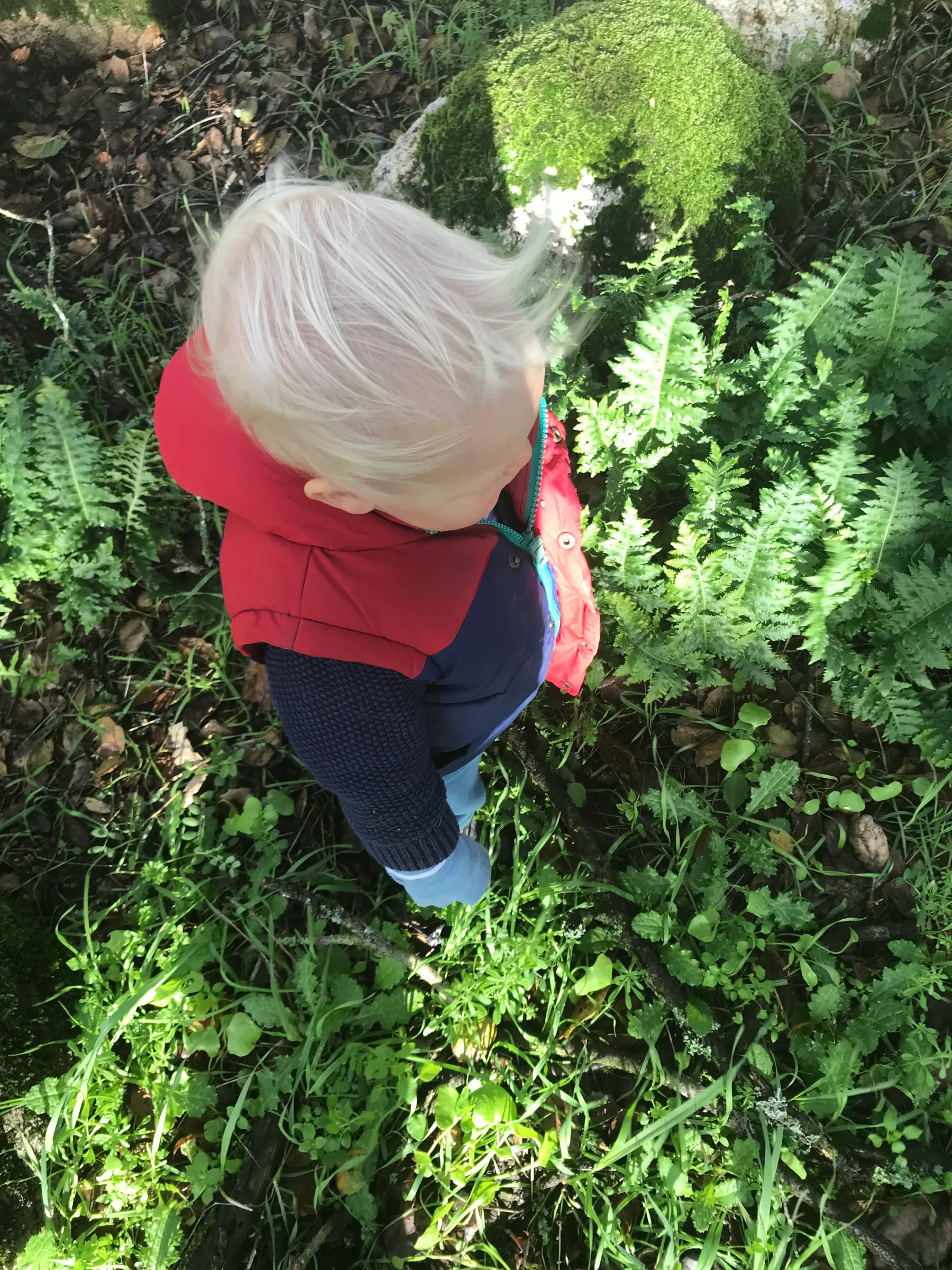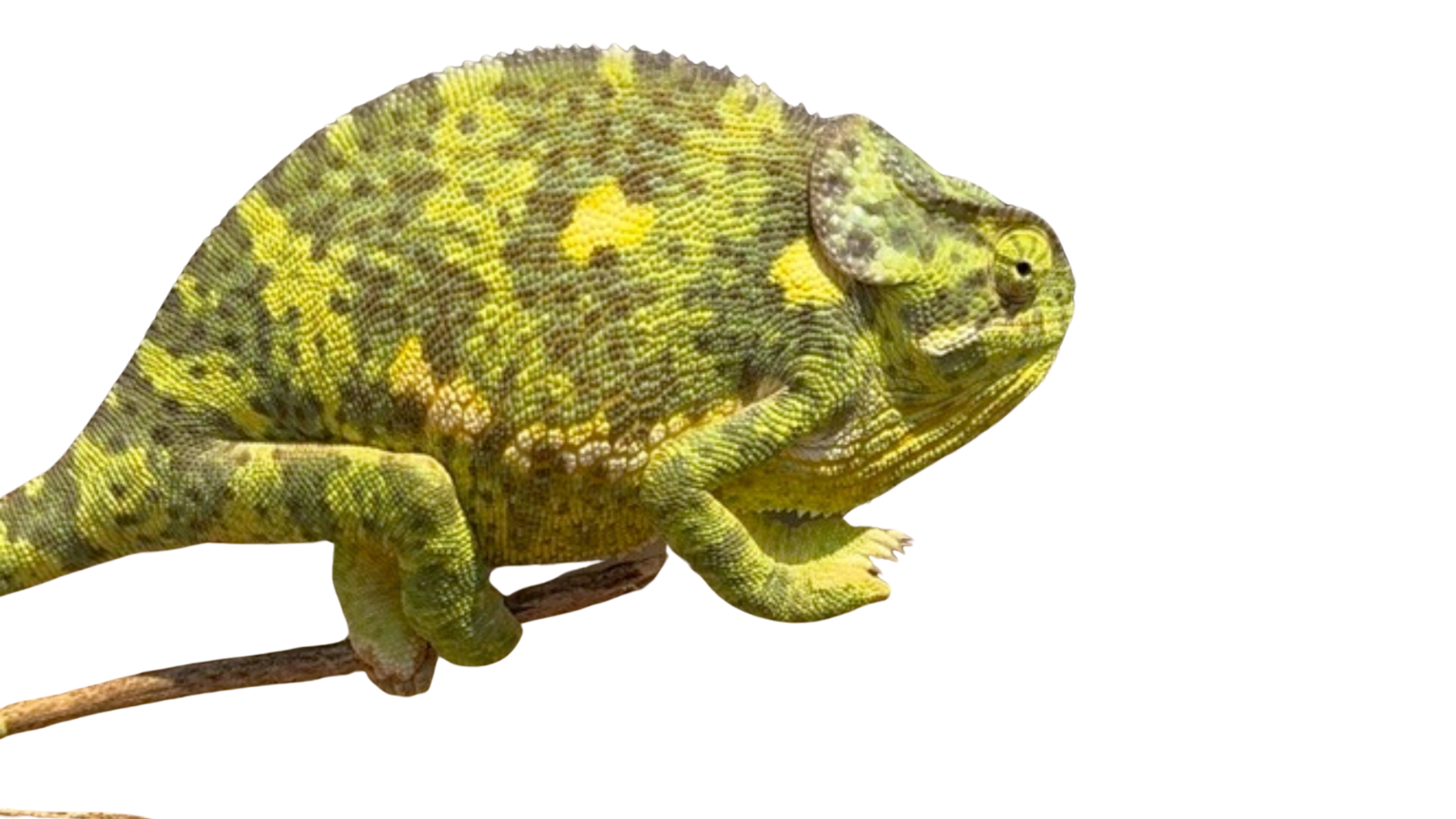Industrial Ecologist in training? (But he can be whatever he wants)
Thanks to the simple disciplines of physics and chemistry, there is now light where there was once darkness and there is clean silverware where before the dishwasher left a sticky film behind. The amazingly powerful idea behind these two simple disciplines is that if we take a mechanical or chemical system, change one variable in it while leaving all others constant, we can learn a lot. Since we can do this over and over again, we can learn very quickly. This simple idea has led to economic growth and improvements in well-being that are absolutely unprecedented and unimaginable to people five hundred years ago. We have the potential to do the same thing with the ‘complex disciplines’ of ecology, economics, psychology, sociology, health, etc., but we need a different idea from the one that drove our chemists and engineers.
Chemistry and physics are so powerful because they are dependable. Everytime someone throws the switch, the machine starts up. Everytime we mix the two chemicals, we get the same third chemical. However, on a certain timescale, mechanical and chemical innovations are very unpredictable. It is impossible to predict the enormous range of negative unintended consequences that come from these disciplines. Ecology has predictive power too. We ecologist can predict, fifty years in the future that, for example, Fake Meat will have too many negative consequences for us to imagine.
The history of science is a history of passionate hobbyists. Two hundred and fifty years ago, physics and chemistry were hobbies. If your parents were rich and you said you wanted to be a chemist, they would shrug their shoulders. Physics and chemistry were just as good as fox hunting, watercoloring or gossipping for passing the lazy hours between when you were born and when you died. If your parents were poor they would shake their head and wonder how you would ever make a living. The same is true of ecology today. But, just as chemists and engineers became highly esteemed components of the nineteenth centuries’ economy, in the future there will be teams of ‘industrial ecologists’ solving the world’s problems.
In order for that to happen, some things need to change. While they may be passionate, ecologists don’t get much respect in the modern economy. That is mostly because they are not known for getting shit done. If we are going to change that situation we need a completely different idea. We need an idea as big as the one that drove the nineteenth centuries’ chemists. And as different.
My dad works in tech. When I would go to the clean room with him as a kid, he would tell me that it took them a hundred hours to run the experiments that test different arrangements of silicon on the road to better computer chips. Now that I work with grasslands, I know that 100 days after I have done an experiment I have no idea if I am winning or losing. The ‘cycle time’ is very long. There are too many variables (weather, past management, different organisms winning and losing, etc) that are impossible to control. On top of that, if I were to control them, I would create a system that was completely different from the ‘real world’ I was trying to learn about. It would take us a million years to properly isolate variables to deal with one issue in ecology. In that time chemistry and physics would create a million more problems that we need to solve. This is why we have such amazing computers and such miserable savanna grasslands. But the complex disciplines have something going for them that chemistry and physics do not. Nature does not provide us with a computer to mimic.
So What’s the Big Idea?
The sciences of Newton and Mendeleev are fundamentally different from the sciences of Darwin. We need another idea and we need it to be as powerful as the one that gave us the industrial revolution. We should resign ourselves to the fact that we cannot isolate variables in the complex sciences, or rather we can not do it fast enough to actually get anything done. Instead, we should seek to use descriptive science to understand the conditions of Eden, the world before paleo humans started tinkering with physics and chemistry. Then we should mimic those conditions (in our ecosystem, our psyche, our economy, etc) as best we can, given the situation we find ourselves. What would that look like?
We could for instance make a machine where a butterfly would flap its wings, which would drive pollen on to a creek, which would cause trout to swim upstream, turning a…just kidding. The fact that we have a hard time imagining an innovation that is not a technology says a lot about our evolutionary history and about how constrained our thinking has become.
Industrial agriculture is how the chemists and engineers solved the nineteenth centuries food shortages. How will industrial ecologists solve the 21st centuries problems differently? To demonstrate how the future of technology could be different than the history of technology, next week I am going to get back to what I promised to do a month ago. I will discuss the technology of genetic engineering. The main problem with that technology so far is that we have been looking at it as chemists and physicists. How would an industrial ecologist, an ecological engineer, see Genetic Modification differently?
Almanac
We got a nice shot of rain here over the past month. Along with much other life, it has brought a new member of the Grounded Family. Byron Palmer, my partner in the business Grounded Land and Livestock, and his wife Alessa had their little baby girl yesterday. Hanna, my wife, was able to be at the birth in her capacity as a midwife. We are very excited to welcome this little Palmer. It makes me reflect on what will be necessary to create a world where the next generation of humans can live a life that is more closely aligned with our savanna ancestry.
We also purchased some cattle, a topic for next week.

